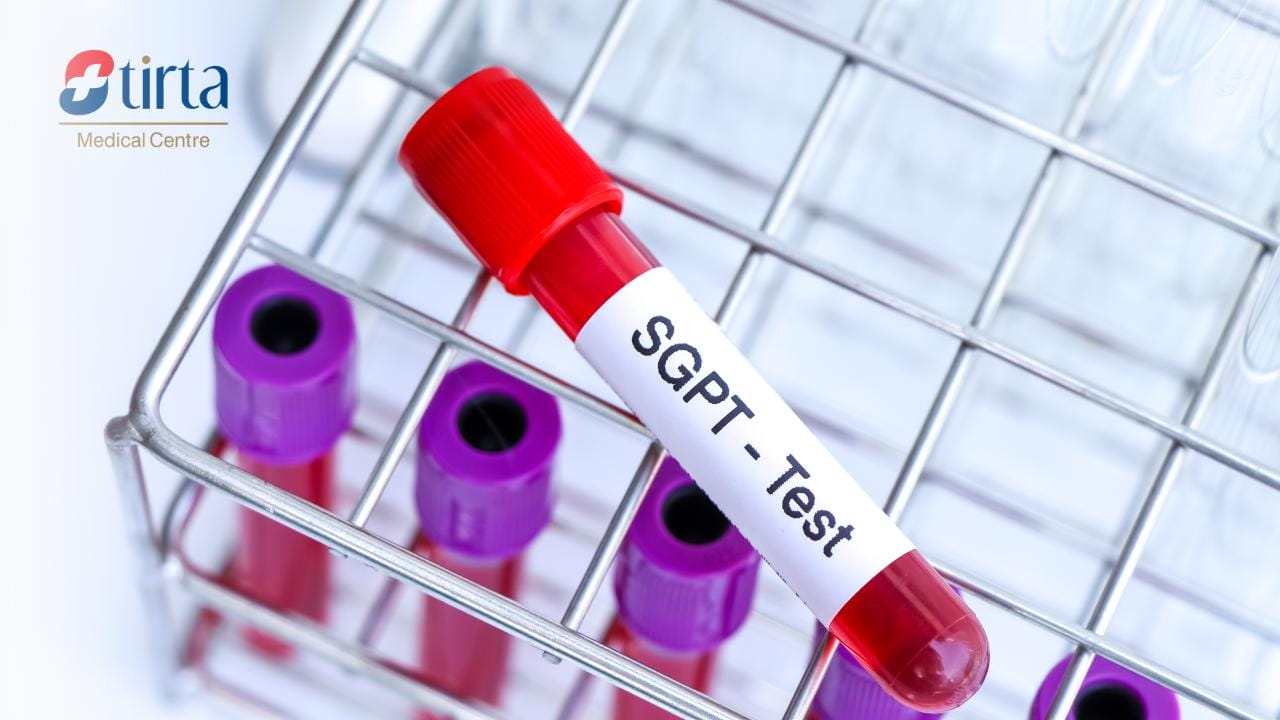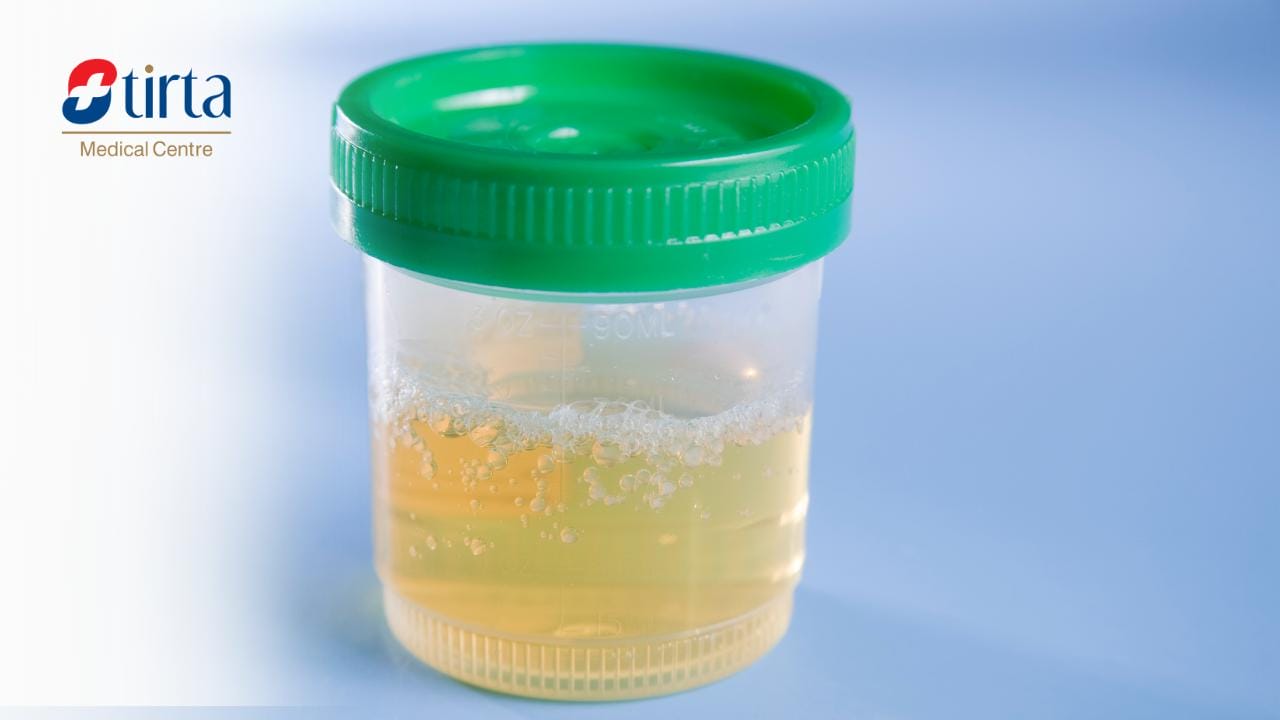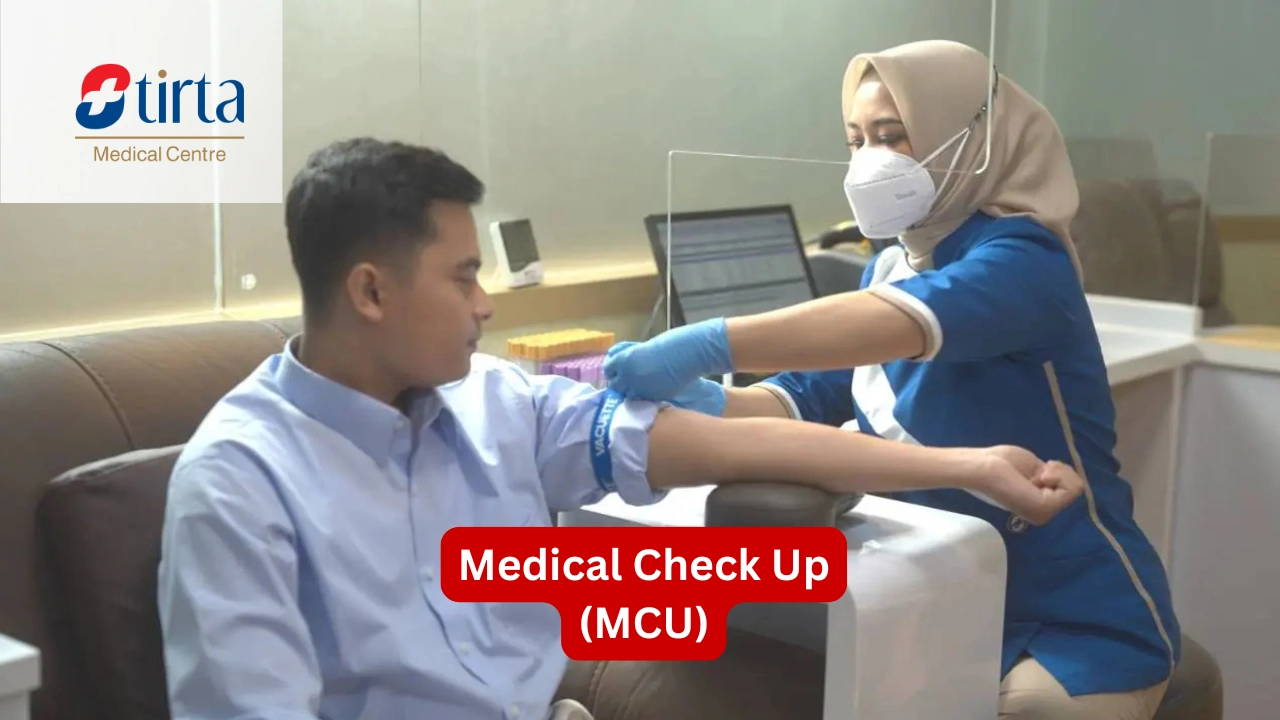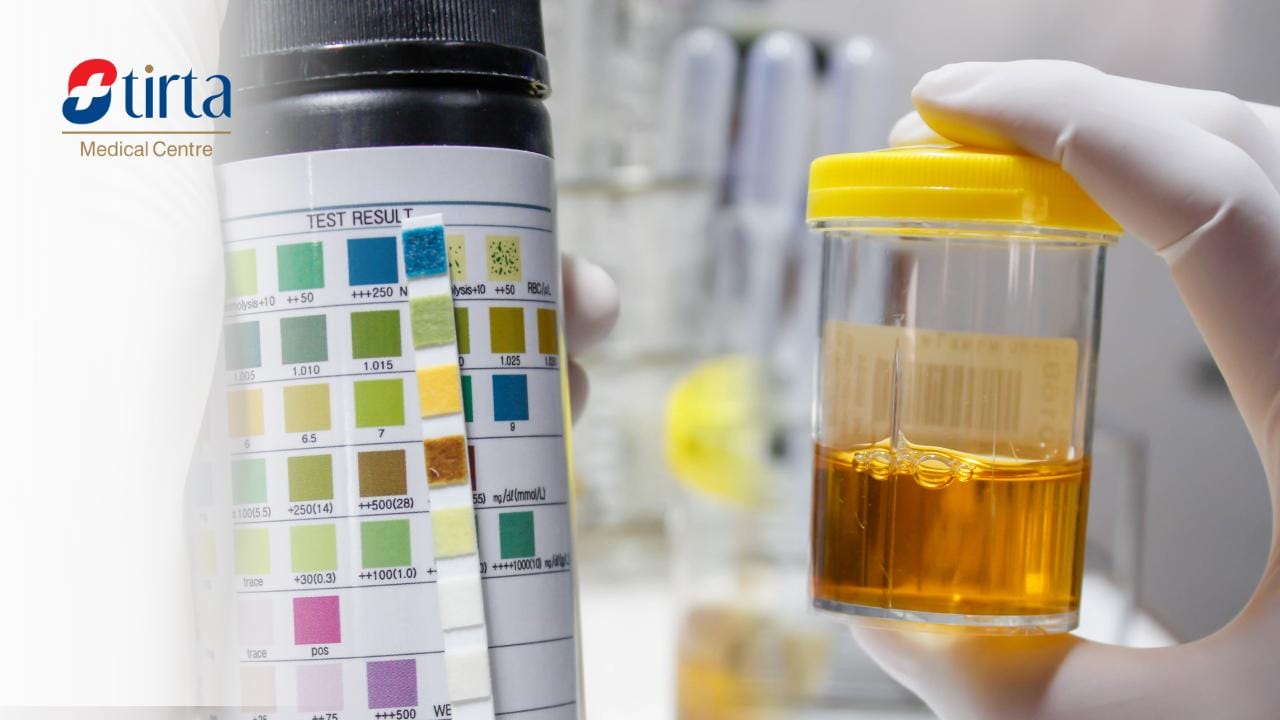SGPT (Serum Glutamic Pyruvic Transaminase) or also known as ALT (Alanine Aminotransferase) is an enzyme produced by liver cells. This enzyme plays an important role in the process of metabolizing protein into energy for liver cells.
Under normal conditions, SGPT is only found in small amounts in the blood. But when liver cells are damaged, this enzyme will escape and enter the bloodstream.
When to take an SGPT test?
Your doctor will recommend an SGPT test in the following conditions:
– Symptoms of Liver Damage
An SGPT test is required when the patient shows symptoms that indicate impaired liver function. These symptoms may include pain in the right upper abdomen, nausea, vomiting, or yellowish discoloration of the skin and eyes (jaundice).
– Routine Checkup
The SGPT test is also recommended for routine screening of liver health, especially in patients with certain risk factors, such as:
- Family history of liver disease
- Excessive alcohol consumption
- Exposure to viral hepatitis
- Diabetes
- Use of certain medications
– Treatment Monitoring
Doctors may recommend an SGPT test to monitor the effectiveness of treatment in patients undergoing therapy for liver disease.
Blood Test to Check Liver Function (SGPT)
The SGPT test is done by taking a blood sample from a vein and the procedure takes about 5 minutes.
Patients need to fast before sampling for 10-12 hours. In addition, the patient needs to inform the doctor about any medications that are being taken.
SGPT Normal Value
SGPT levels are measured in units per liter. Normal ranges differ between men and women:
- Male: 29-33 units per liter
- Female: 19-25 units per liter
In general, the normal range of SGPT is 7-56 units per liter of serum. Differences in these normal values may occur due to variations in examination techniques and protocols used by laboratories.
Interpretation of SGPT Values:
| SGPT Level (U/L) | Interpretation |
| 7-56 | Normal liver function |
| 56-100 | Mild liver stress |
| >100 | Indications of liver damage |
Causes of High SGPT Levels
Elevated SGPT levels can be caused by various medical conditions:
– Liver Disease
- Hepatitis B and C that cause liver inflammation
- Non-alcoholic (NAFLD) and alcoholic fatty liver (AFLD)
- Liver cirrhosis due to long-term damage
– Lifestyle Factors
- Excessive alcohol consumption
- Use of certain medications such as statins
- Obesity
- Diabetes
– Other Medical Conditions
- Muscle disorders or injuries
- Gallbladder inflammation
- Dermatomyositis
A high SGPT level may signal a health issue and should be checked further.
Impact of high SGPT values
Elevated SGPT levels can lead to several serious health complications, including:
- Jaundice or jaundice
- Continuous nausea and vomiting
- Shortness of breath
- Chronic fatigue
- Bruising that occurs easily
How to Lower High SGPT
Several steps can be taken to lower SGPT levels:
– Lifestyle Modification
- Stopping alcohol consumption
- Maintain ideal body weight
- Organize a balanced diet
- Doing exercise regularly
- Avoiding medications that may affect liver function
– Routine Monitoring
- Implement regular liver function tests.
- Consult a doctor if symptoms appear.
- Evaluate the effectiveness of lifestyle changes
SGOT, SGPT, & GGT Check Price
Tirta Medical Center (TMC) clinic offers liver function tests with a breakdown of costs:
- SGOT check: Rp50,000
- SGPT examination: Rp50,000
- Liver Function Package (SGOT, SGPT, GGT): Rp110,000
Note: Prices are subject to change at any time. Sahabat Tirta can contact us for updates on liver function check fees or book online here:
Best SGPT Checkup Place at Tirta Medical Center
Tirta Medical Center (TMC) is present as a Medical Check Up Clinic with high service standards spread across 33 branches in Indonesia. TMC provides Medical Check Up and lab tests such as liver function tests with various advantages such as:
- Quality & reliable laboratory in Indonesia
- ISO & KAN certified
- Accurate and fast inspection results
- Laboratory Information System
- Flexible check-up location and time
- Professional medical personnel
- Locations spread across major cities (33 branches in Indonesia)
Reference:
- Journal of PGRI University Palembang. Accessed on 2024. Comparison of SGPT Levels in Blood Serum Samples Immediately Examined with Delayed for 24 Hours and 48 Hours at Room Temperature: https://jurnal.univpgri-palembang.ac.id/index.php/biosains/article/download/11584/7376/27563
- Journal of University of Pahlawan Tuanku Tambusai. Accessed at 2024. Serum Glutamic Pyruvic Transaminase (SGPT) Levels in Pesticide-Inhaled Rats: https://journal.universitaspahlawan.ac.id/index.php/jkt/article/view/15075/12335
- Repository of the Health Polytechnic of the Ministry of Health Surabaya. Accessed on 2024. Overview of SGPT (Serum Glutamic Pyruvic Transaminase) levels in pesticide-using farmers in Keret Village, Krembung District, Sidoarjo Regency: https://repo.poltekkesdepkes-sby.ac.id/7631/
- Journal of Clinical Medicine – Medica Hospitalia. Accessed at 2024. Relationship of Degree of Functional Limitations with Liver Function Tests in Congestive Heart Failure Disease: http://medicahospitalia.rskariadi.co.id/medicahospitalia/index.php/mh/article/view/327/185
- Care Hospitals. Accessed on 2024. SGPT Test: https://www.carehospitals.com/diagnostics/sgpt-test
- Apollo Hospitals. Accessed on 2024. SGPT Test: https://www.apollohospitals.com/diagnostics-investigations/sgpt-test/
- Redcliffe labs. Accessed on 2024. SGPT Test – Normal Range, Price, Causes & Symptoms: https://redcliffelabs.com/myhealth/liver-test/sgpt-liver-blood-tests-its-normal-high-range-causes-and-symptoms/








